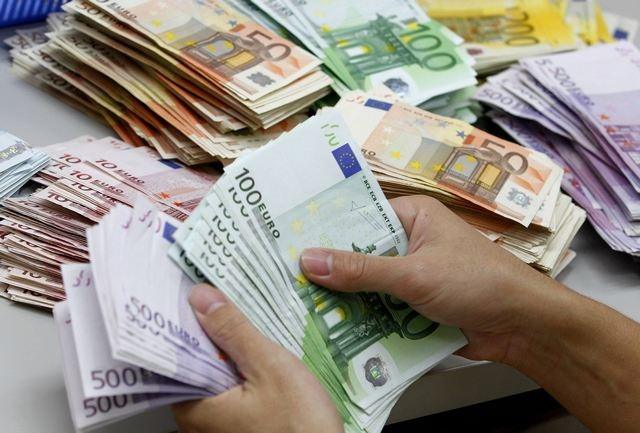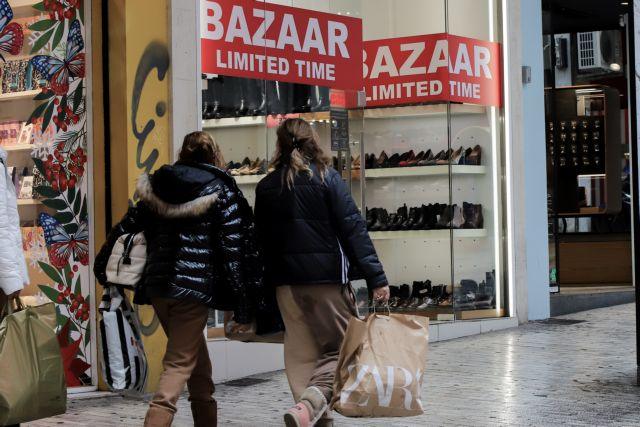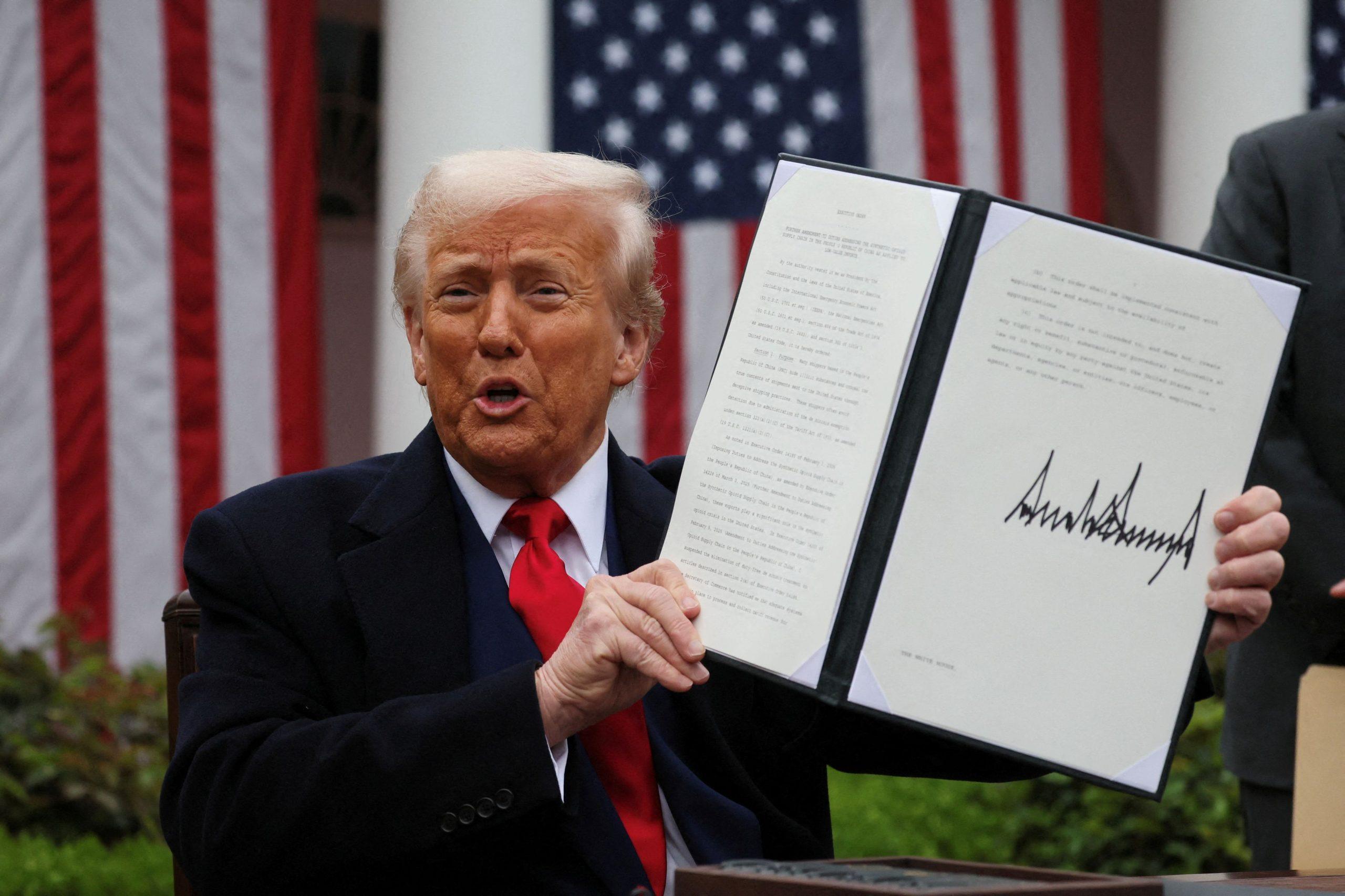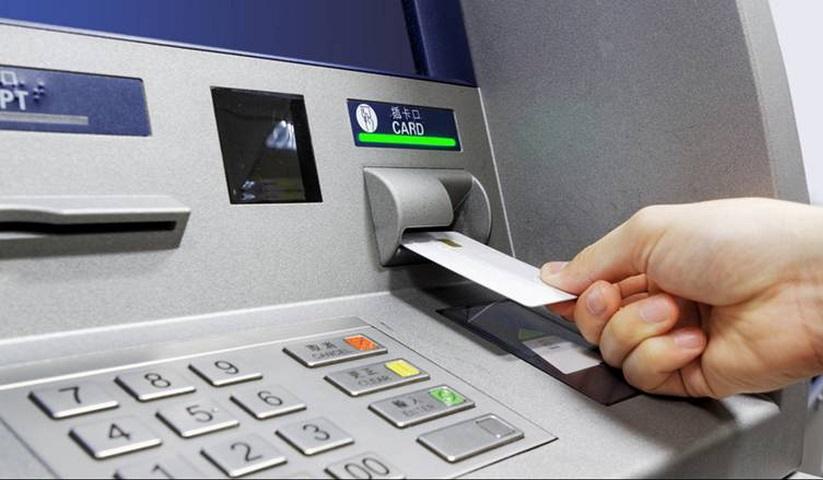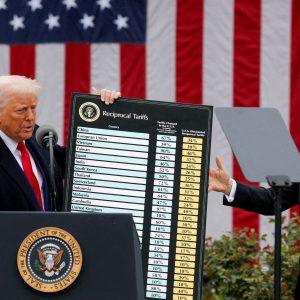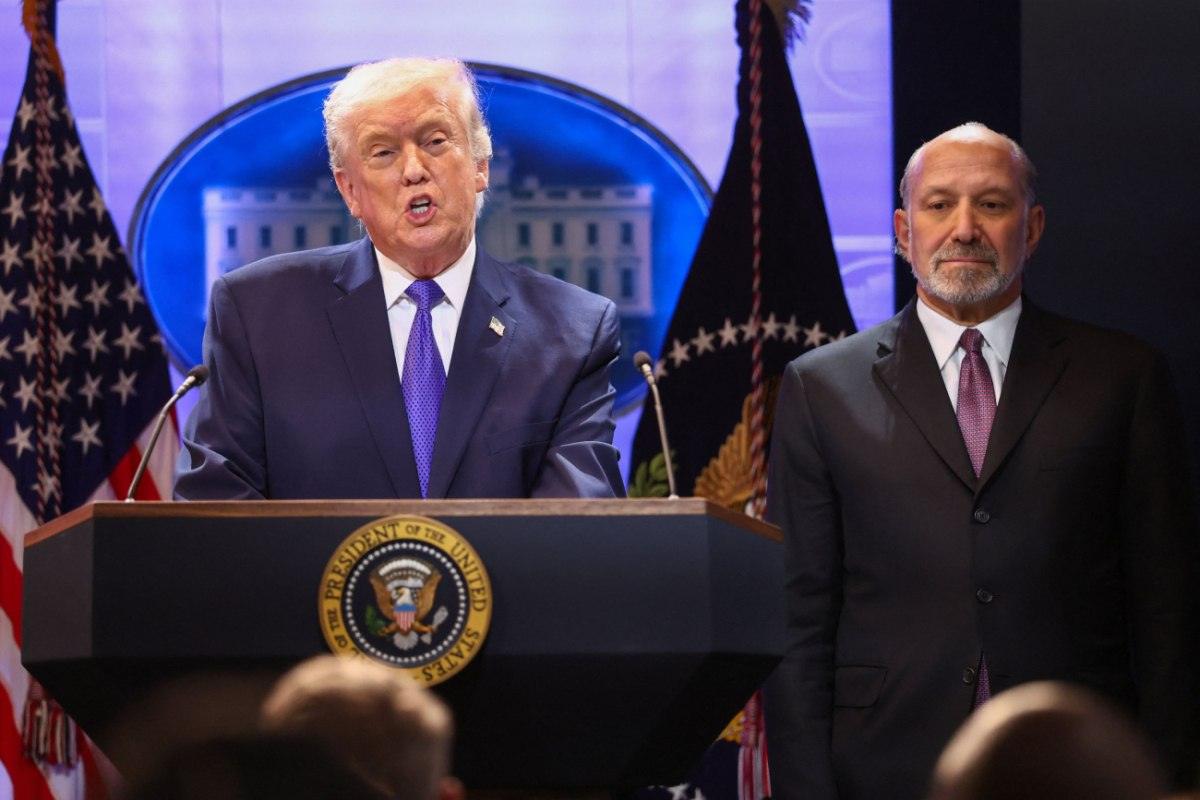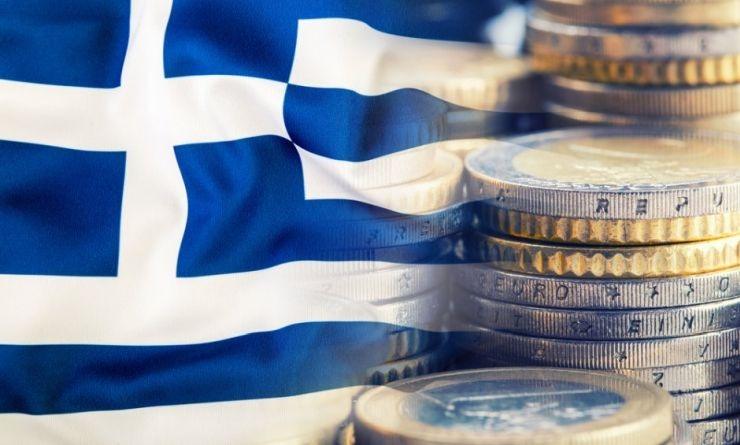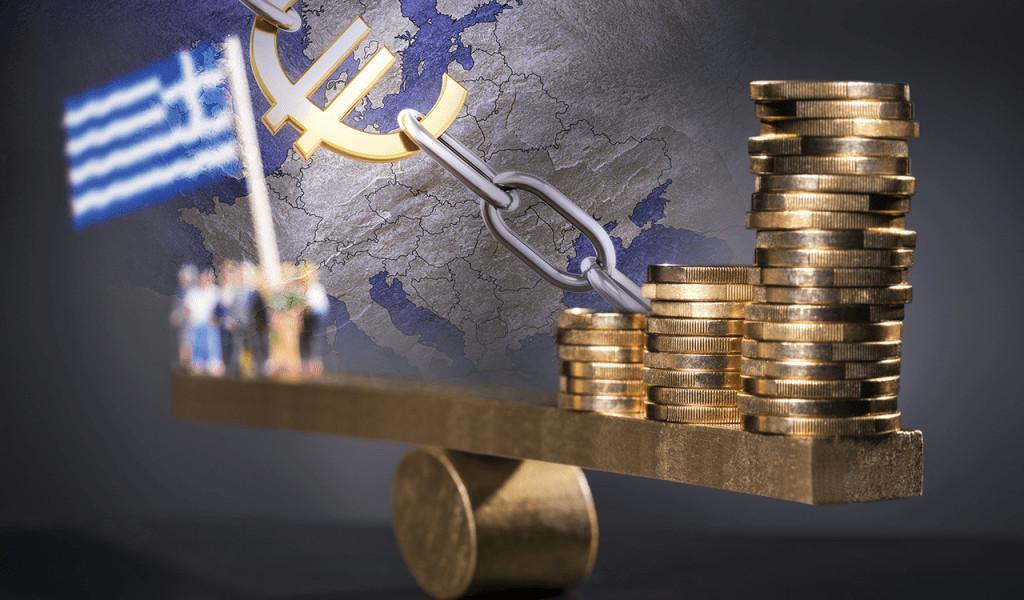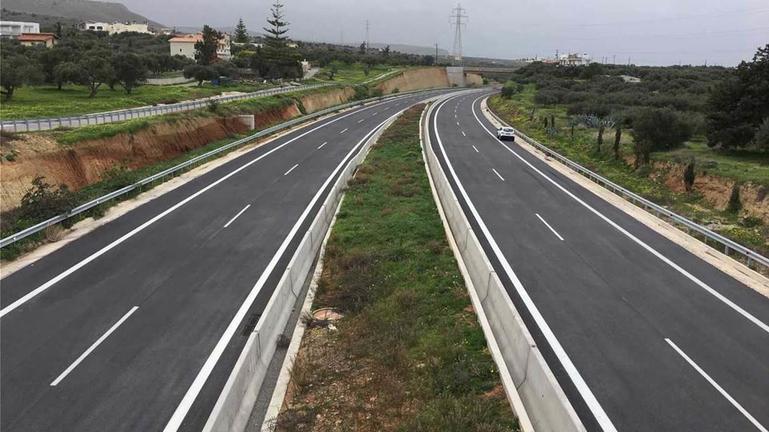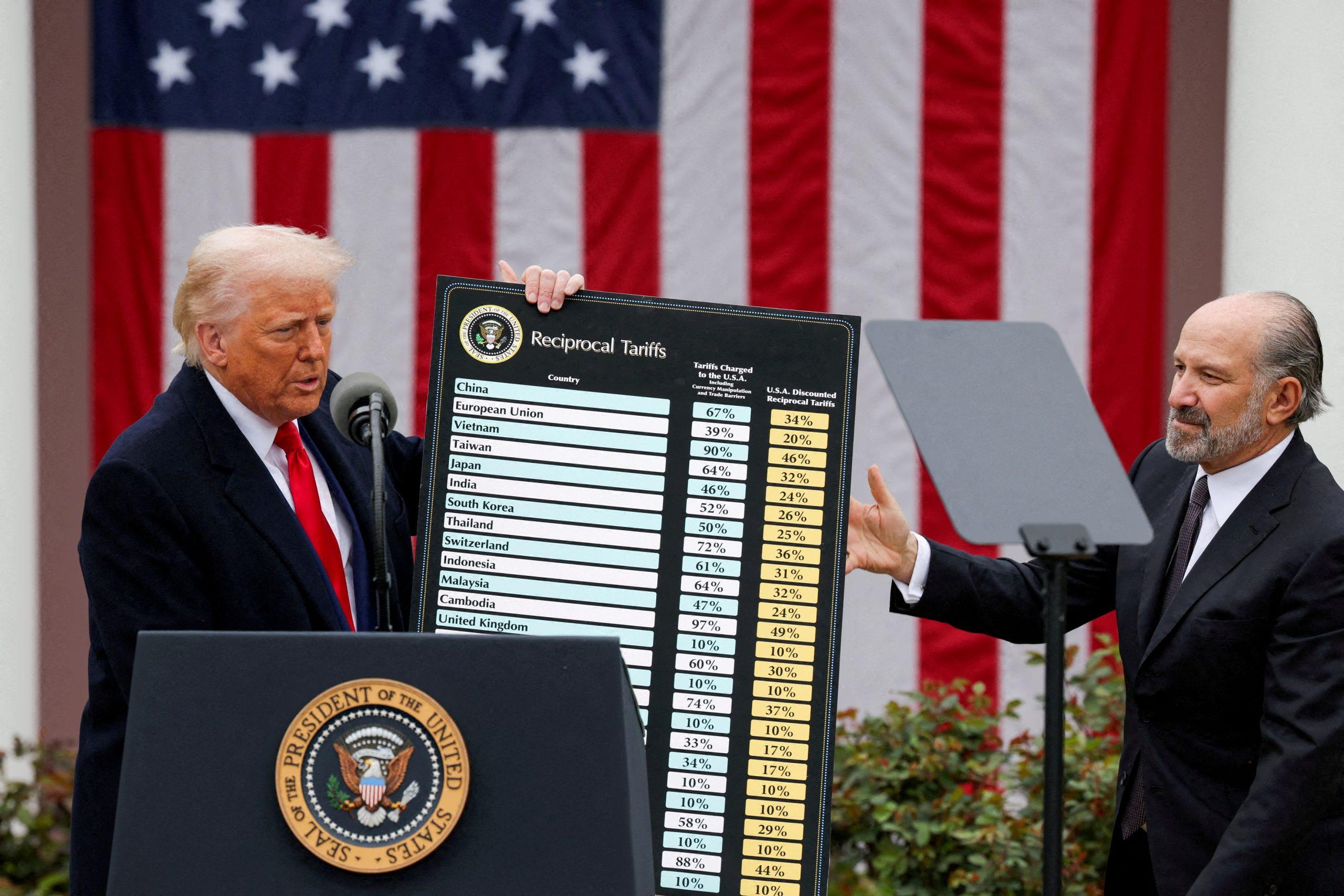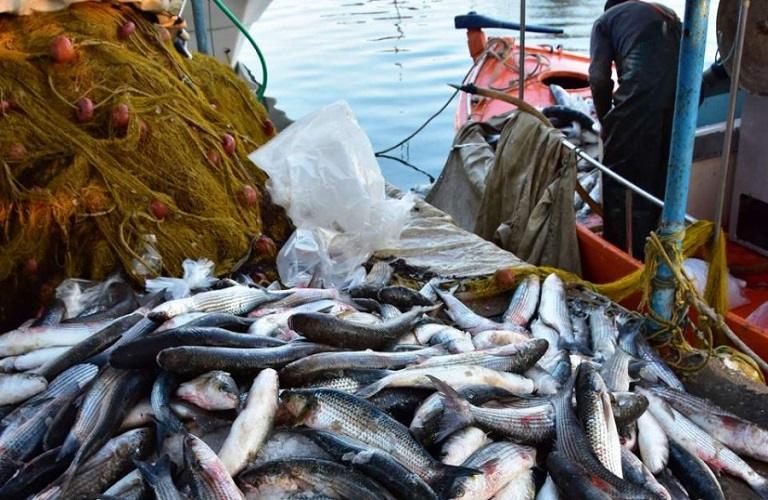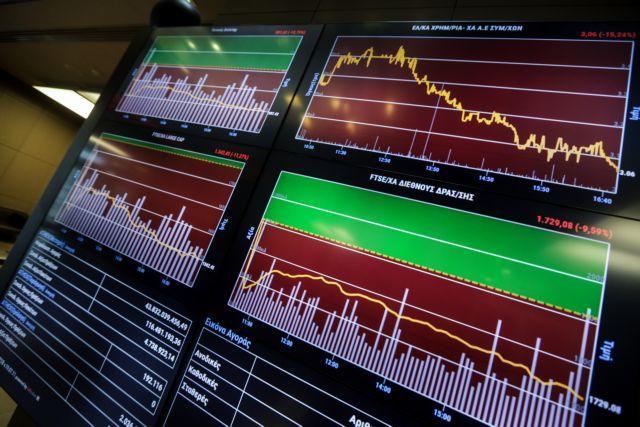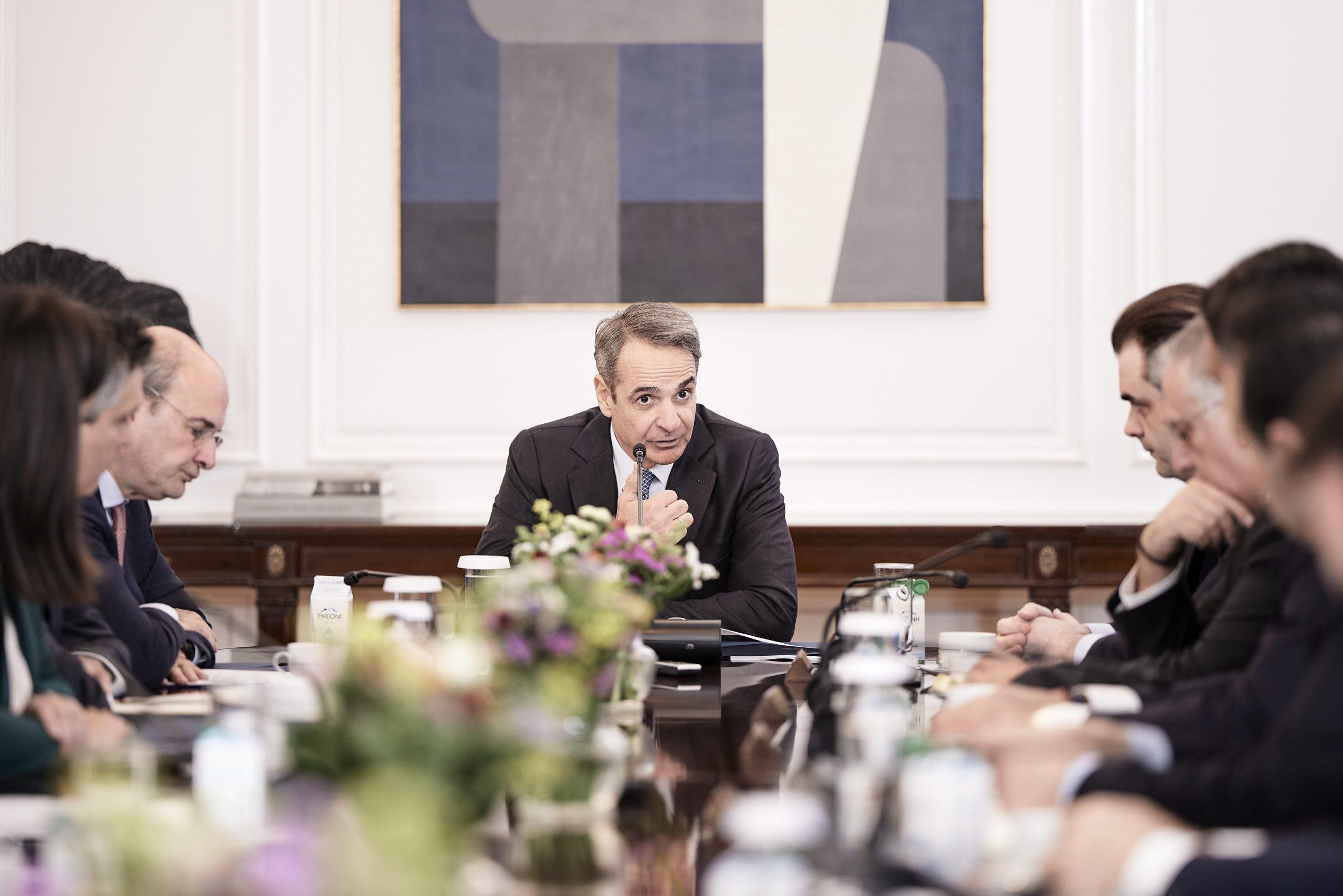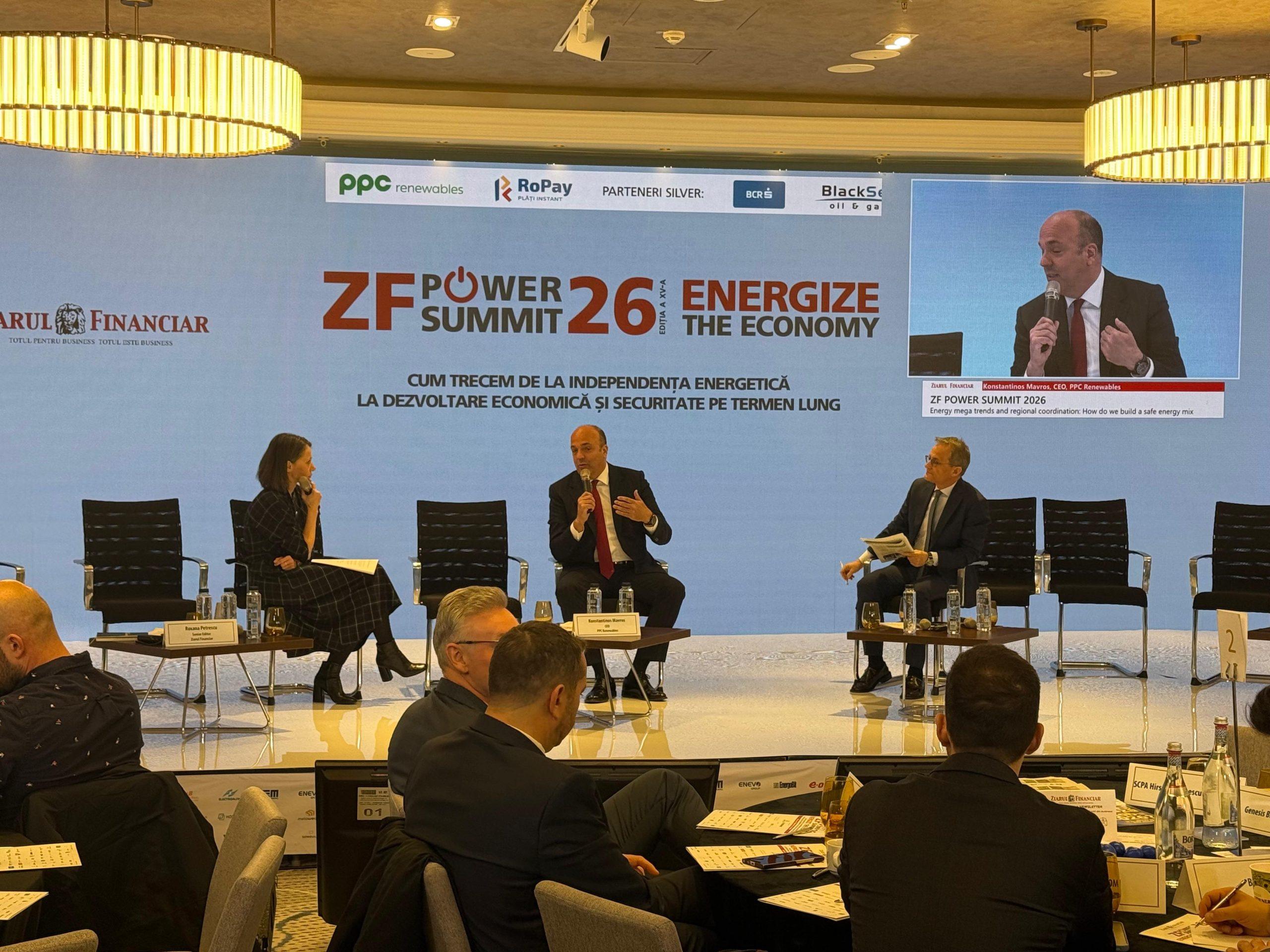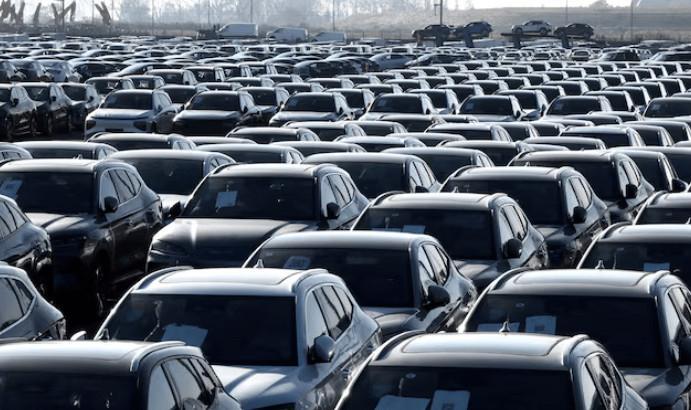The European Central Bank (ECB) has called on households to maintain a cash reserve at home to prepare for emergencies. In a recent study, the bank emphasizes that physical money is a crucial element of national crisis preparedness, offering resilience when digital systems fail.
The proposal mirrors existing guidance in countries such as the Netherlands, Austria, and Finland, where citizens are encouraged to keep 70–100 euros per person in cash. Similar measures have also been adopted in Sweden and Norway.
Learning From Recent Crises
The ECB highlights lessons from the Covid-19 pandemic, the war in Ukraine, and natural disasters such as wildfires and floods, which exposed Europe’s vulnerabilities. In several cases—like a blackout in Spain and Portugal—digital payments, ATMs, and online banking collapsed, leaving cash as the only functional payment option.
During the pandemic, demand for banknotes surged by 140 billion euros in just two years, far above pre-crisis trends, even as consumers shifted to contactless and online payments.
Balancing Digital and Physical Money
Despite the ECB’s push for a digital euro and banks’ efforts to reduce branches and ATMs, policymakers face pressure to safeguard access to cash. Austria, for example, plans to install central bank-operated ATMs in rural communities where commercial banks have withdrawn. Finland is exploring “outage-resistant” ATMs to ensure availability during system failures.
The ECB likens cash to flood defenses in the Netherlands: rarely needed, but indispensable in times of crisis. “Cash is not only about meeting individual needs,” the report notes, “it also strengthens systemic resilience.”
A Safety Net for Households
The study stresses that governments should consider issuing official guidelines on household reserves—not to dictate exact amounts, but to ensure citizens can cover basic needs for at least three days.
Ultimately, the ECB frames banknotes as the payment system’s “reserve fuel”—unnecessary in daily life for many, but critical when digital infrastructure falters.
Source: tovima.com
